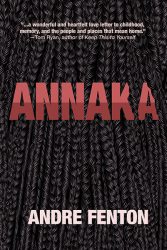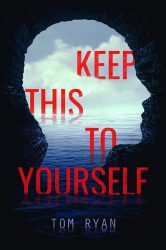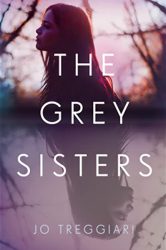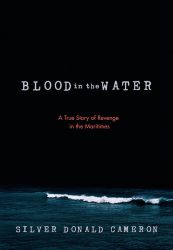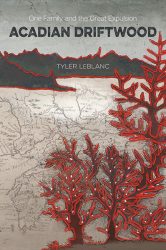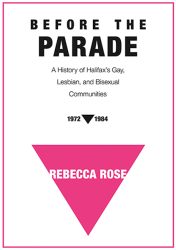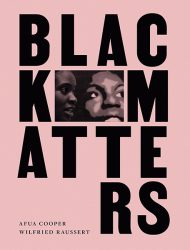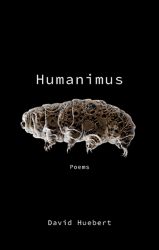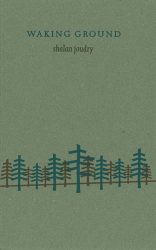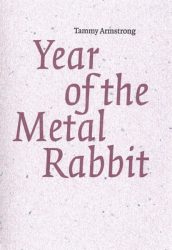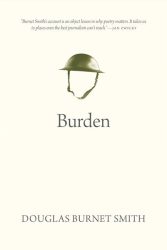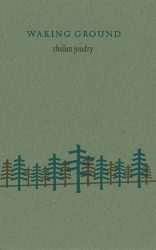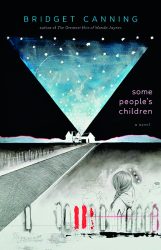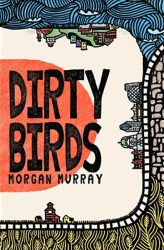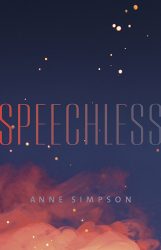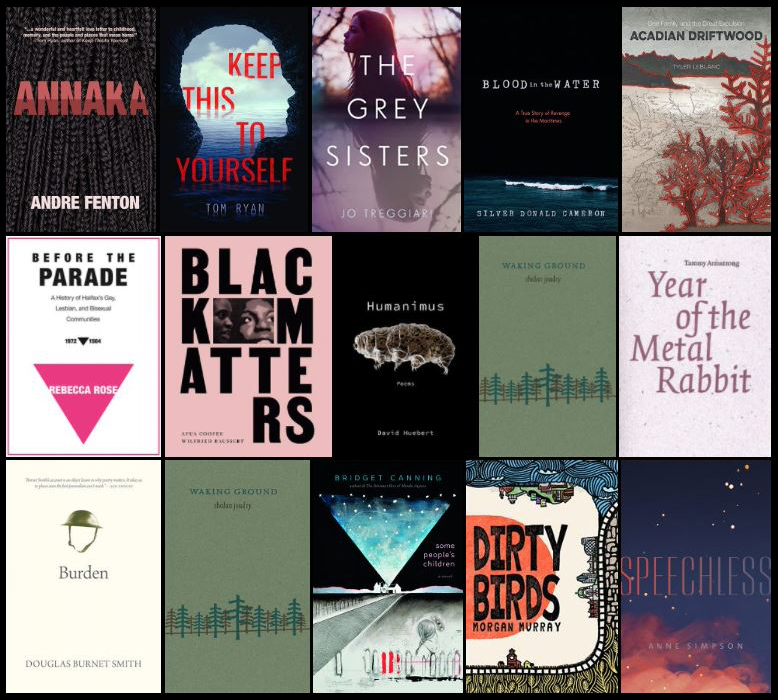
2021 Atlantic Book Awards shortlists
Shortlists for the 2021 Atlantic Book Awards have been announced! Congratulations to all of the shortlisted authors — and, in particular, to the fourteen authors shortlisted for WFNS’s five Atlantic Book Awards categories. The five shortlists below boast a number of acclaimed WFNS members, including the double-shortlisted shalan joudry. Click on a book cover for more details and to order directly from the publisher.
This year’s online Atlantic Book Festival (May 6 to 12) will culminate in a virtual Awards Gala (May 13), where the winners in each category will be announced.
Ann Connor Brimer Award for Atlantic Canadian Children’s Literature (YA)
Evelyn Richardson Non-Fiction Award
Blood in the Water: A True Story of Revenge in the Maritimes by Silver Donald Cameron (Viking Canada)
Acadian Driftwood: One Family and the Great Expulsion by Tyler LeBlanc (Goose Lane Editions)
Before the Parade: A History of Halifax’s Gay, Lesbian, and Bisexual Communities, 1972-1984 by Rebecca Rose (Nimbus Publishing)
J. M. Abraham Atlantic Poetry Award
Maxine Tynes Nova Scotia Poetry Award
Thomas Raddall Atlantic Fiction Award

